May 20, 2024
The UN officially designated May 20th as World Bee Day in 2017 to raise awareness of the importance of pollinators, the threats they face and their contribution to sustainable development.
From Nigeria to Tanzania Bees Abroad communities are celebrating this year’s World Bee Day in style.

Mama Hive at World Bee Day Celebrations in the capital city
Tanzania are celebrating WBD in style this year! A three day event is being held in the capital, Dodoma. Saturday, May 18th marked the opening of the Tanzanian World Bee Day celebrations and Mama Hive was delighted to be invited to participate in the exhibition, organised by the Ministry of Natural Resources and Tourism. The exhibition was well-attended by many involved in beekeeping, bee product sales and activities and environment and conservation work.
Rachel represented Mama Hive with Justina, beekeeping project manager with the project partner Emmanuel International. The exhibit showcased Hive Mama and Bees Abroad’s work in training in sustainable beekeeping with rural community groups and income-generating through quality, value-added beeswax products. The District Commissioner, Rosemary Senyamule (see photo) visited the stall along with other dignitaries.
Today, on World Bee Day, the celebrations were opened with an address from Vice President of Tanzania.

Youth in Beekeeping
This year the UN is focusing on the pivotal role that youth can play in supporting bees and pollinators with their theme “Bee engaged with Youth“.
The Bees Abroad Nigeria team are promoting this theme through their celebrations. We are helping support the Youth For Apiculture Initiative (YFAI) in their World Bee Day celebrations in the capital, Abuja.
As well as talks and activities the event is being attended by the Federal Ministry of Industry, Trade and Investment who visited YFAI earlier this month.
YFAI actively promotes and advocates for youth and women in beekeeping.

More Youth in Beekeeping!
As well as the Youth in Apiculture event in the capital, celebrations are underway in Ogun state.Today the Bees Abroad supported Abotokio Slow Food Beekeeping community are hosting a special World Bee Day event with talks, activities and a tree planting ceremony. All the registered Slow Food Beekeeping Communities representatives in Ogun West Area of Ogun State Nigeria, Local Government Officials, Principals of selected Schools the area, Students and the wider Community have been invited to attend this event.
A few words from Elijah, spokesperson for Abotokio Slow Food Beekeeping community:
“The celebration of World Bee Day 2024 isn’t merely an acknowledgment of bees’ value—it’s a global declaration of our commitment to the SDGs and a sustainable future. World Bee Day 2024 provides a platform, rallying the world to nurture these pollinators, ensuring that they continue to buzz alongside us, aiding our collective journey towards a better tomorrow.”

Sierra Leone celebrations
We received a message directly from the Sierra Leone team on WBD: Happy World Bee Day from Sierra Leone!
🌍 On this World Bee Day, we express our gratitude to Rory’s Well, Bees Abroad, and the Bee Farmers Association for their support in implementing this innovative bee farming method in Sierra Leone. By supporting sustainable bee farming practices, we are not only protecting the environment but also ensuring the future of these vital pollinators.
🐝 The new method of bee farming implemented by the Bee Farmers Association in the southern part of Sierra Leone has proven to be incredibly successful.
🍯 The construction of the bee house in September 2023 has provided a secure and reliable space for bee colonies to thrive. In just a few short months, 7 hives were colonised and 5 were harvested, yielding an impressive 100Ib of honey. This is a testament to the hard work of the bees and the effectiveness of the new bee farming method.
💛 The importance of bees as non-timber forest products (NTFP) cannot be overstated. Bees play a crucial role in pollinating plants, including many crops that we rely on for food. Without bees, our ecosystem would suffer, and many plant species would be at risk of extinction. Bees also produce honey, beeswax, propolis, and royal jelly, all of which have various medicinal and nutritional benefits for humans.













